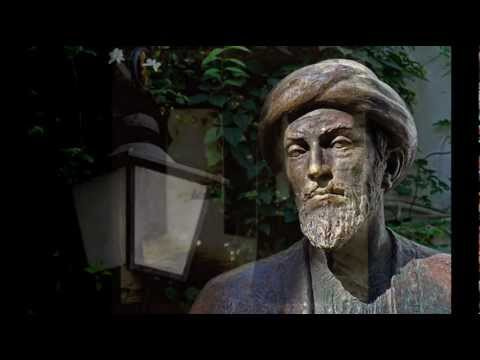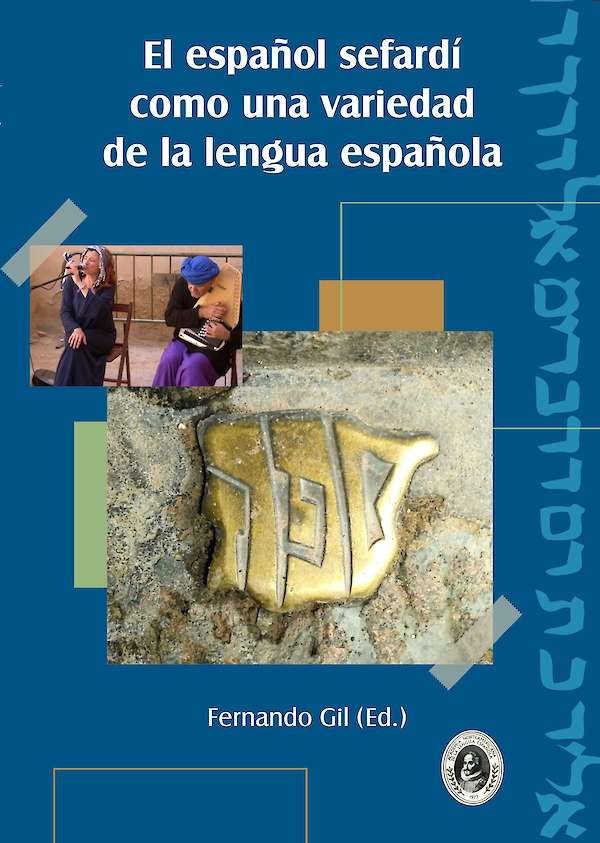Hola. This is Barbara, your curator of cultural news from the Spanish-speaking world. Due to eye problems I haven’t been able to read and write much. I have been advised to minimise my screen time. However, here I am again with short news about Colombian actor-singer-songwriter Carlos Vives, Colombian writer Memo Anjel, and a very interesting Spanish-language resource on early music.
León Krauze talks to Carlos Vives
Univision’s news anchor León Krauze talked to Carlos Vives, one of Colombia’s most beloved singers, songwriters and actors. Before I heard his music, I got to know him in the role of journalist José Antonio Pupo who investigated Gustavo Calle’s snail strategy in the wonderful movie La estrategia del caracol (I wrote about the film in Tertulia, vol. 8). Of course, the interview primarily serves to promote Vives’s new album Cumbiana II, but it also gives a good insight into what he deems important about making music in the Americas. As always, he emphasises how much music shows what Colombians (or in general, Latin Americans) have in common, while politics usually talks about the differences that separate us. He uses the cumbia style as an example to underline its importance for Colombian identity because it is «una señal del mestizaje» (a sign of cultural and ethnic mixing).
You can listen to the interview on Spotify or any other podcast platform.
With his unique blend of cumbia, vallenato, pop and rock, Carlos Vives became the first Colombian to win a Grammy. While I do not like his latest songs that much, I still love his old albums. My favourite song is «Los Altos del Rosario»? What’s yours?
Memo Anjel on Sephardic heritage
When surfing the Sephardic news portal eSefarad, I came across an insightful article about the roots, traditions, and future of Ladino, written by my good friend Memo Anjel: «EL AVLAR Y MELDAR DE LOS SEFARADIM. (Un asunto entre el djudezmo y el ladino)». If I remember correctly, I owe my first encounters with Sephardic culture to Memo. In a kind of fast rewind Memo gives a very erudite, yet accessible overview of the history of the Ladino language, connecting the dots between the migrations of Sephardic Jews, their religious and cultural peculiarities, and the languages they have been speaking and incorporating into their daily diasporic lives. I recommend his article also because it is typical of Memo’s writing style. He is so very good at combining very concise daily observations with laconic wit, erudition and the love of comprehensible language. What I also cherish is his ability to see things together, not separate them for the sake of separation. Maybe that is something he has in common with Carlos Vives ;).
The article was originally published in the book El español sefardí como una variedad de la lengua española, edited by Fernando Gil in the collection El árbol de las palabras (North American Academy of the Spanish language, 2021).
Good resource on early music
Memo mentions the Ladino platform LadinoKommunitá (see Tertulia, vol. 25) in his article. It is one of the communication platforms that I regularly read to learn more about Sephardic culture. There, I found a very interesting link to an excellent Spanish-language resource on early music, i.e. music from before 1750: MúsicaAntigua.com. The site offers a cultural and informative space, which aims to be a meeting point for fans of early music, in a language close and understandable by everyone. It also contains a good and comprehensive introduction to Sephardic music. Here is one of their examples of Sephardic music, the song “Esta muntanya d’enfrente”, interpreted by Soledad Bravo (in this video, accompanied by beautiful pictures from the Jewish quarter of Córdoba):
Here are the lyrics of an English translation (as taken from here):
That mountain before me
Is ablaze and burning;
There I lost my love.
I sit down and weep.
That little violet plant,
I sowed it in my garden;
I cared for it and made it grow,
And now others but me enjoy it.
I want to reveal my secrets,
The secrets of my life.
I want the sky as paper
And the sea as ink,
The trees as quills,
To write of my misfortunes;
No one knows of my suffering,
Neither relatives, nor anyone else.
This is all for this week. I’ll get back to you once I have finished Mariana Enríquez’s thriller Nuestra parte de la noche (Our part of the night). I must confess that the novel keeps me fascinated despite heavy prejudice against the genre in general and I will come back with a review of the book. Hasta pronto.



